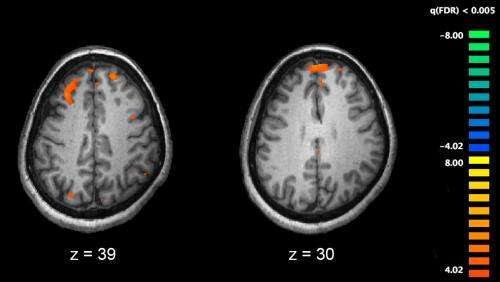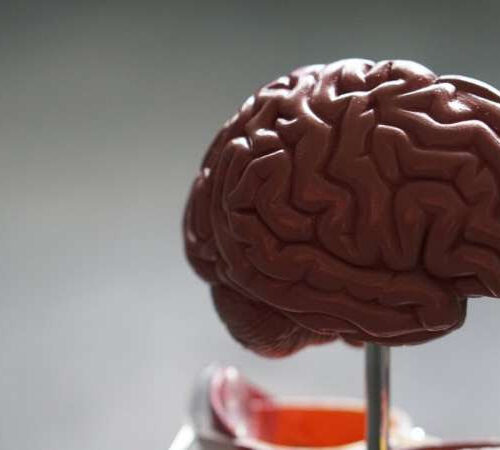by Cara Murez (HealthDay)—A diagnosis of mild cognitive impairment (MCI) might worry an older adult, who could see it as a stepping stone to dementia. But a new study suggests one does not necessarily lead to the other. In fact, nearly half of seniors tracked in the study—all of who had been diagnosed with issues...
Tag: <span>Cognitive impairment</span>
Heading the ball is linked to cognitive impairment in retired professional footballers: New research
by Davide Bruno, Andrew Rutherford, The Conversation Credit: Oleksandr Osipov/Shutterstock The potential long-term neurological effects of concussions and other knocks to the head in professional sport have attracted significant attention and research interest over recent years. Confirmation in 2014 that former England footballer Jeff Astle died as a result of chronic traumatic encephalopathy (a form of dementia)—and that it...
Cognitive rehabilitation improves cognitive impairment in people with multiple sclerosis
by Kessler Foundation A research scientist (left) supervises a participant with MS during a computer-based cognitive rehabilitation training session at Kessler Foundation. Credit: Kessler Foundation/Jody Banks In a review of recent literature, a team of researchers from Kessler Foundation conclude that cognitive rehabilitation programs are efficacious in treating multiple sclerosis-related cognitive dysfunction, and urge clinicians to consider...
Having trouble falling asleep predicts cognitive impairment in later life
AMERICAN ACADEMY OF SLEEP MEDICINE DARIEN, IL – A study of nearly 2,500 adults found that having trouble falling asleep, as compared to other patterns of insomnia, was the main insomnia symptom that predicted cognitive impairment 14 years later. Results show that having trouble falling asleep in 2002 was associated with cognitive impairment in 2016. Specifically, more...
Adults with cognitive impairment who use pain medication have higher falls risk
by Lauren Rouse, Texas A&M University Credit: CC0 Public Domain Older adults with cognitive impairment are two to three times more likely to fall compared with those without cognitive impairment. What’s more, the increasing use of pain medications for chronic pain by older adults adds to their falls risk. Risks associated with falls include minor bruising...
Commonly used anticholinergic drugs for schizophrenia linked to greater cognitive impairment
by Scott Lafee, University of California – San Diego Functional magnetic resonance imaging (fMRI) and other brain imaging technologies allow for the study of differences in brain activity in people diagnosed with schizophrenia. The image shows two levels of the brain, with areas that were more active in healthy controls than in schizophrenia patients shown in...
Focal brain lesion study shows cognitive impairment may be better predicted by looking at damage to white matter
by Bob Yirka, Medical Xpress Credit: Unsplash/CC0 Public Domain A team of researchers from Carver College of Medicine, the University of Iowa and the University of California, San Francisco, has found that doctors looking to make predictions about the degree of cognitive impairment in brain-damaged patients might do better by looking at white matter than...
Insomnia, sleeping less than six hours may increase risk of cognitive impairment
by Zachary Sweger, Pennsylvania State University Middle-aged adults who report symptoms of insomnia and are sleeping less than six hours a night may be at increased risk of cognitive impairment, according to a study by Penn State College of Medicine researchers. The results may help health care professionals understand which patients who report insomnia are at...
Memory impairment in mice reduced by soy derivate that can enter the brain intact
Ingestion of the protein fragment improved working and long-term memory in mice treated to simulate Alzheimer’s disease KYUSHU UNIVERSITY In a study that could help one day give a literal meaning to food for thought, researchers from Kyushu University in Japan have reported that a protein fragment that makes its way into the brain after...
Cognitive impairment after intensive care linked to long-lasting inflammation
by Karolinska Institutet People who have been treated in intensive care commonly suffer from residual cognitive impairment, but the reason for this is unknown. Researchers at Karolinska Institutet in Sweden now link cognitive impairment with lasting inflammation and a potential treatment target. The results are presented in the scientific journal Intensive Care Medicine. Every year,...







